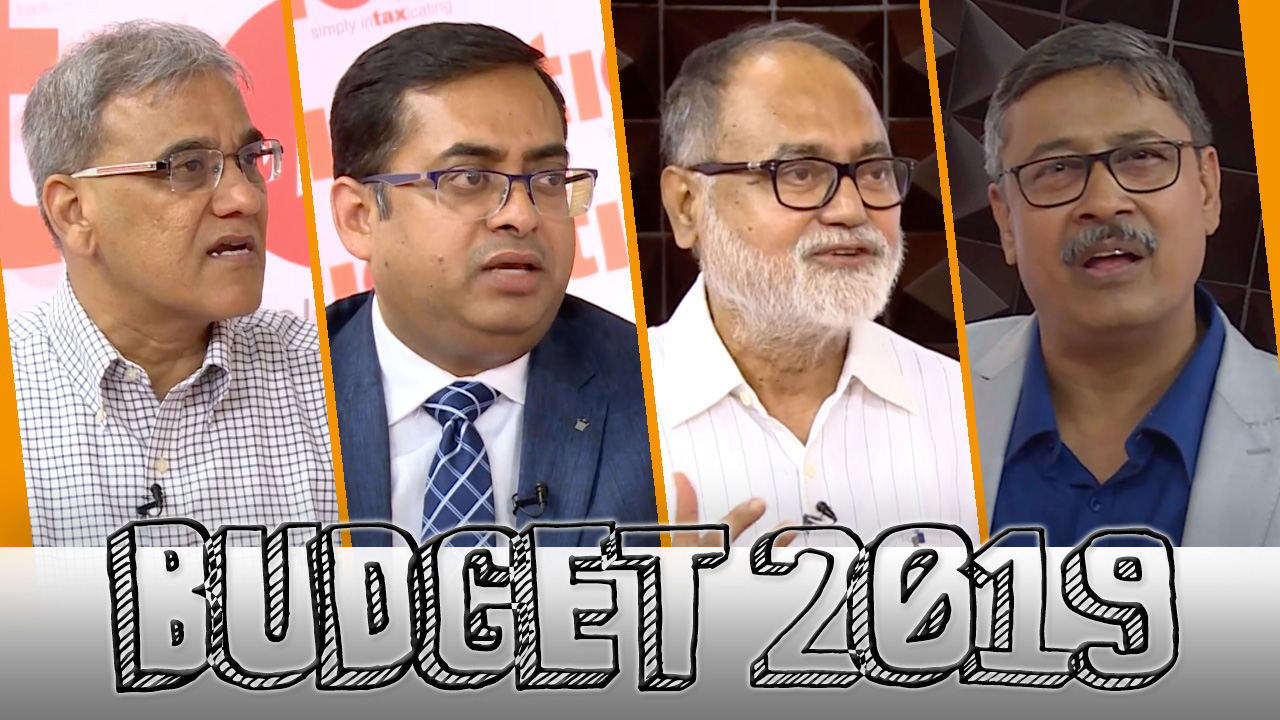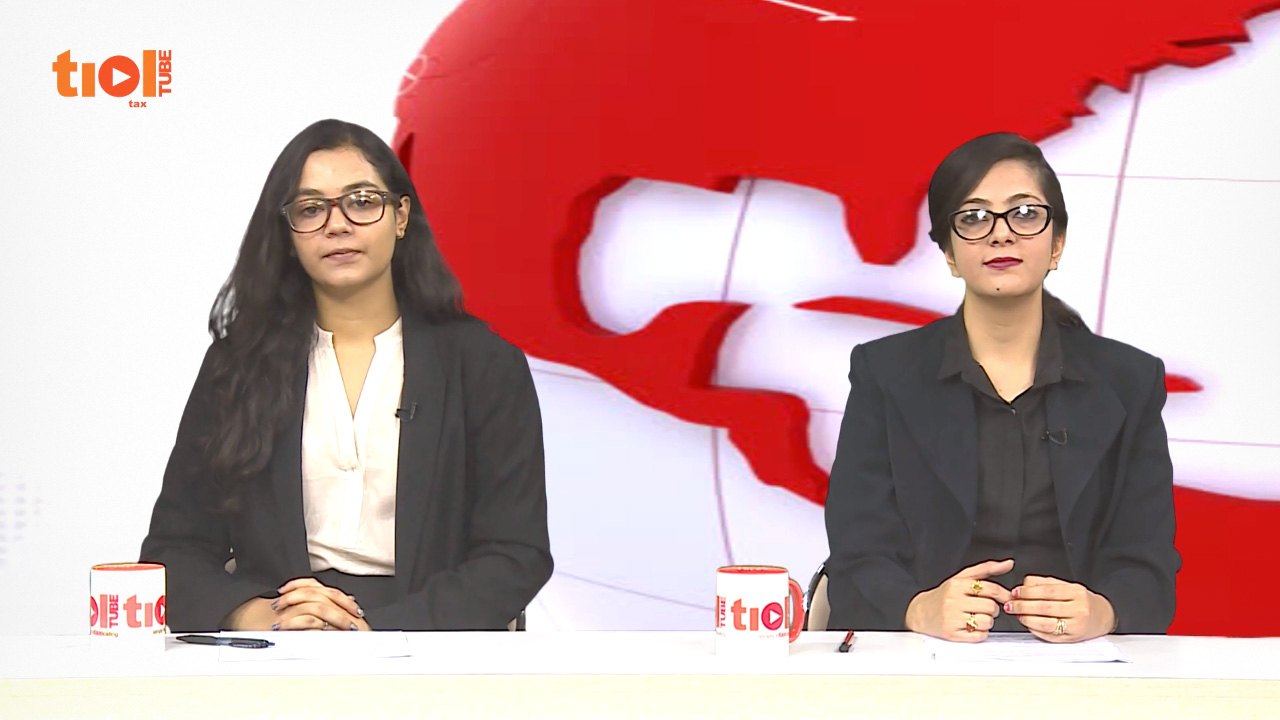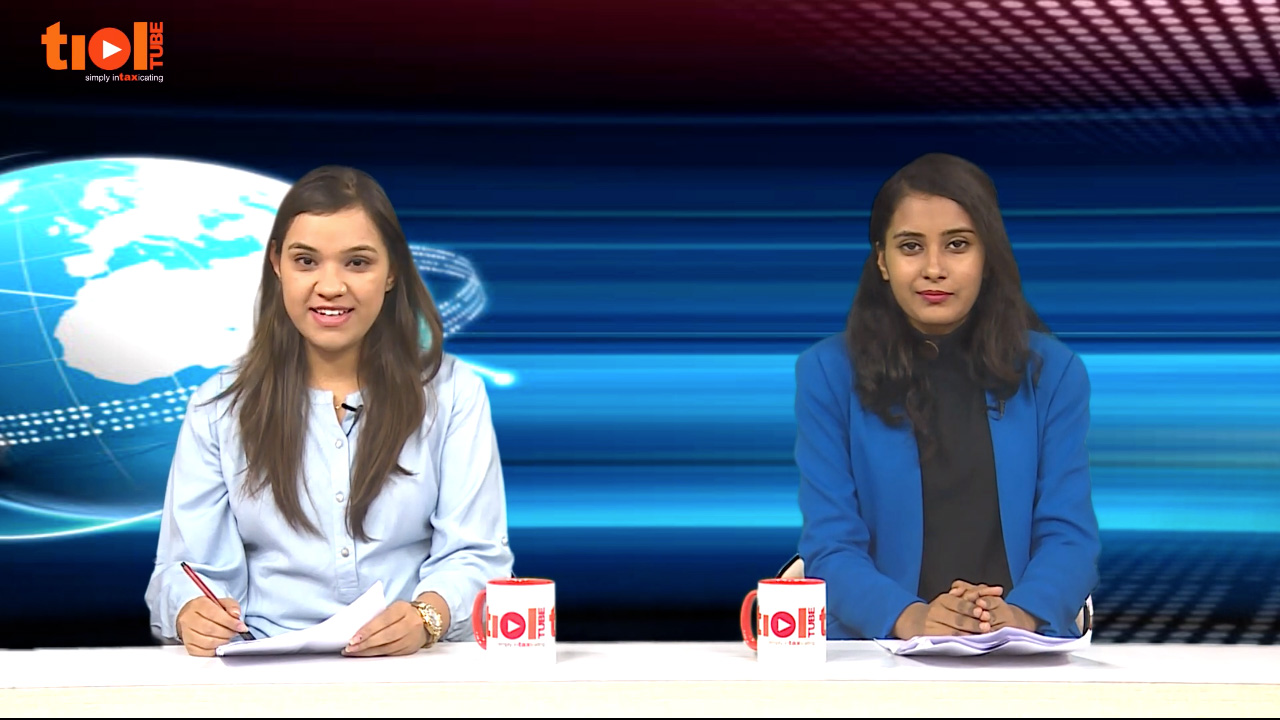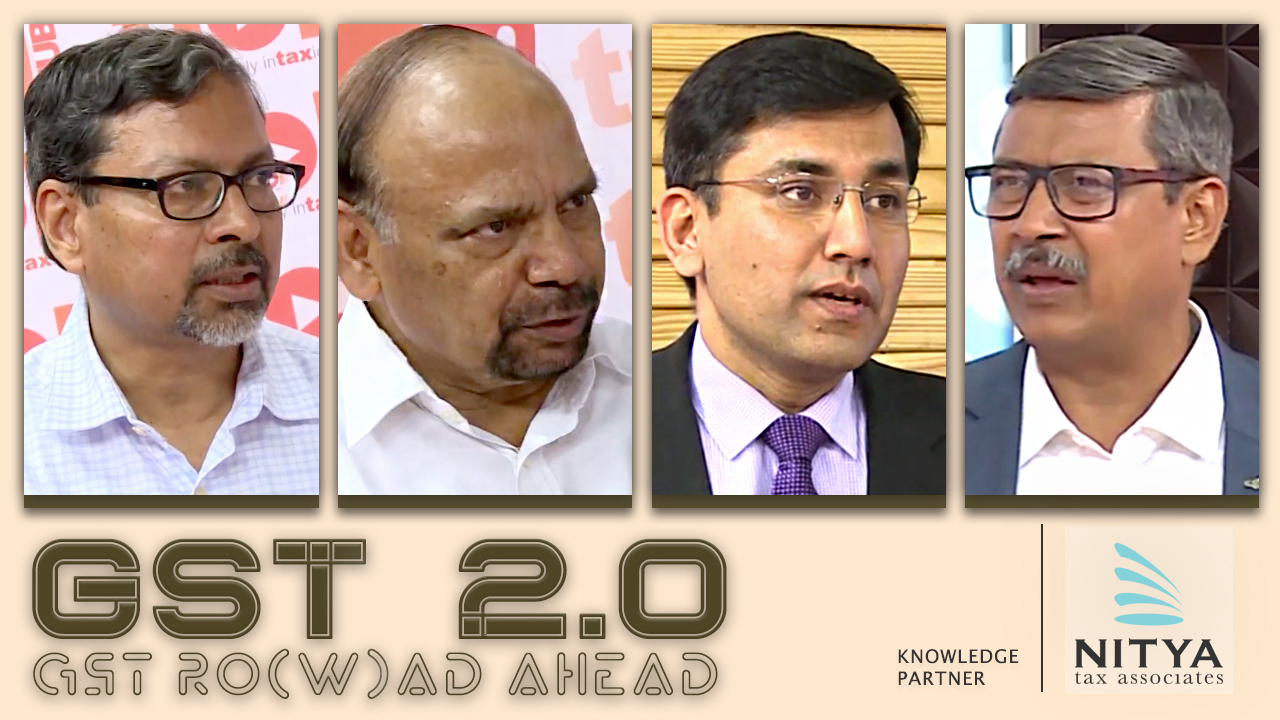|
SERVICE TAX
2019-TIOL-1716-CESTAT-HYD
Kmv Projects Ltd Vs CCE & ST
ST - The assessee is engaged in construction of residential complexes, hospitals & buildings for educational institutions - For the period between 2007-08 and 2012-13, the Revenue noted that the assessee paid service tax on various contracts executed on WCS rendered as per the contracts awarded - SCNs were issued by invoking extended limitation, raising duty demand for such period - The main allegation in the SCNs was that the assessee did not pay service tax on amount received as consideration from customers such as temple institutions; certain Govt agencies such as CDAC, NFC, APHMHIDC & ICFAI - On adjudication, the duty demands were confirmed with interest & penalties - Hence the present appeal.
Held: Construction of guest houses & temple complex - Such construction is being done for public use in a religious institution - In absence of evidence showing that such guest houses are alloted to non-pilgrims as hotel accomodation services, the only other conclusion is that such service would fall under the exclusion clause of WCS & so no duty liability would arise - For the period after 01.07.2012, the Notfn No 25/2012-ST exempts tax on a building owned by an entity registered u/s 12AA of the Income Tax Act 1961 & meant predominantly for religious use by the general public - Such exemption clearly covers the assessee's case post 01.07.2012, as it is undisputedly registered with the I-T authorities u/s 12AA as a charitable institution - Hence the exemption under Notfn No 25/2012-ST applies & the demand raised in respect of services rendered to religious institutions does not survive & must be quashed: CESTAT
Held: Buildings constructed for CDAC, NFC & APHMHIDC - It is seen from their profiles that they all are Govt units or local authorities of Govt authority & so cannot be considered as primarily engaged for the purpose of commerce & industry - It follows from the Tribunal's decision in Commissioner of Service Tax Vs S.M. Sai Construction that buildings constructed for non-commercial or non-industrial purposes are not taxable under WCS - This ratio squarely applies to the buildings constructed for CDAC, NFC & APHMHIDC - Hence services rendered under WCS in these cases are not taxable pre & post 01.07.2012: CESTAT
Held: Buildings constructed for ICFAI - A similar issue stands settled by the Tribunal in VIJ Construction Pvt Ltd Vs CCE New Delhi - The ICFAI has a pan-India presence & operates in various campuses - Hence it must be considered as an educational institution - Hence the service tax liability for pre & post 01.07.2012 are unsustainable & must be quashed: CESTAT
- Assessee's appeal allowed: HYDERABAD CESTAT
2019-TIOL-1715-CESTAT-BANG
Lowes Services India Pvt Ltd Vs CST
ST - Assessee have filed the appeals against impugned order whereby the Commissioner (A) has partly allowed the refund and partly rejected the same - This issue is no more res integra and has been settled by this Tribunal in assessee's own case - Besides, this Tribunal has consistently held that the benefit under the SEZ Act shall have an overriding effect as long as the input services are consumed within the SEZ and refund has to be sanctioned in favour of the assessee - Further, the rejection of refund claim to the extent of Rs.17,723/- paid under Reverse Charge Mechanism by Commissioner (A) is wrong because the assessee in all has paid service tax amounting to Rs.43,012/- and out of the total amount of Rs.43,012/-, a sum of Rs.25,190/- was granted to the assessee and the balance of Rs.17,723/- which was paid through the same challan was rejected - As far as amount of Rs.20,518/- is concerned, the assessee does not contest the same: CESTAT
- Appeals allowed: BANGALORE CESTAT
CENTRAL EXCISE
2019-TIOL-1247-HC-MAD-CX
Stromtek Automation Pvt Ltd Vs Additional Commissioner
CX - The assessee-company manufactured and cleared Programmed Logic Control systems, taxable & classifiable under Heading 8537.00 of the Schedule to the CETA 1985 - The Revenue opined that the assessee did not obtaining registration & that Excise duty was not paid as per the CER - SCNs were issued to the assessee alleging contravention of various rules by the assessee as well as wilful suppression of manufacture & removal of PLC systems with intent to evade payment of duty - Such proposals were confirmed upon adjudication & such O-i-O was assailed in a writ petition, whereupon the High Court remanded the matter back to the adjudicating authority - In a fresh order, the adjudicating authority re-iterated the duty demands - Hence the present writ.
Held - The exercise of writ jurisdiction with an alternate remedy being available, is an issue which has been discussed in a catena of judgments - What is inferred from all these decisions is that alternate remedy is essentially not an absolute rule, but is one of discretion & is not a rule of compulsion - All these precedents nonetheless emphasize that writ jurisdiction would be exercised notwithstanding alternate remedy only when there are certain specific exceptions, such as lack of jurisdiction or violation of the principles of natural justice - In the present case, neither of the two exceptions are applicable - Hence it is fit case to relegate the assessee to the alternate remedy of filing appeal to the Commr.(A), who is directed to dispose off the matter in an expeditious manner: CESTAT
- Case remanded: MADRAS HIGH COURT
2019-TIOL-1246-HC-MAD-CX
Velvette International Pharma Product Vs Commissioner of GST & CCE
CX - The assessee-company manufactures herbal cough syrup - During the relevant period, the assessee-company had been issued an SCN alleging that the assessee mis-declared the process of manufacture & the formula of the final product manufactured - It was also alleged that the assessee suppressed information about use of non-ayurvedic ingredients other than those declared, with intent to evade payment of duty - Duty demands were confirmed upon adjudication - On appeal, the Tribunal upheld the validity of the SCN as being within the extended period of limitation u/s 11A(1) of the Act - Hence the present appeal.
Held: The Tribunal satisfied the remand directions of this court - It has given cogent reasons for invoking extended limitation - In respect of the other issue of the mis-declaration of the herbal cough syrup, the assessee can raise all possible objections before the authority concerned & it is open before such authority to settle the issue - Should the assessee be aggrieved by the order passed by such authority, it can avail the appropriate remedy available under the Act - Hence the appeal is devoid of merits: HC
- Assessee's appeal dismissed: MADRAS HIGH COURT
2019-TIOL-1714-CESTAT-ALL
Barclays Global Service Centre Pvt Ltd Vs CC, CE & ST
CX - The assessee, a 100% EOU is entitled to refund of Cenvat credit of duty availed by them on input services, in terms of provision of Rule 5 of Cenvat Credit Rules r/w Notfn 05/2006 - Part of the refund stands denied to them on the ground that input services have no nexus with their output services - Admittedly the Cenvat credit stands availed by assessee after following the due procedure and by reflecting the same in their Cenvat credit account - Revenue has not objected at the time of availment of said credit and has not sought to deny the credit on the ground of the input services having no nexus with output services - The question as to whether the refund of such accumulated unutilized credit can be denied, without first challenging the admissibility of said credit stands answered by various decisions of Tribunal - One such reference can be made to Tribunal's decision in case of Convergys India Pvt. Ltd. - 2009-TIOL-888-CESTAT-DEL - Inasmuch as Revenue has not first denied the credit availed by assessee, the objection of the Revenue as regards nexus, adopted at the time of deciding the refund application, is unsustainable - Accordingly, on this ground itself, the appeals filed by assessee are allowed with consequential relief to them: CESTAT
- Assessee's appeals allowed: ALLAHABAD CESTAT
2019-TIOL-1713-CESTAT-DEL
Pearl Drinks Ltd Vs CGST, CC & CE
CX - Assessee was engaged in manufacture of aerated waters, beverages syrup and mango slices as well as in trading of goods i.e. trading of Aquafina - It was observed that trading goods are exempted goods and they have not maintained separate accounts in respect of dutiable goods as well as exempted goods and therefore as per Rule 6(3) of CCR, 2004, the assessee is required to pay an amount equal to 5% of value of exempted services i.e. value of trading goods provided, if they have availed the option not to maintain separate accounts - Thus a SCN was issued - The Audit Report was regarding inadmissible input service tax credit availed on GTA for both dutiable and trading goods and objection was taken regarding non payment of 5% of value of trading goods - The assessee paid Rs. 8,52,000/- and Rs.3,82,477/- vide Challan - Thus, the SCN in fact, would not have been issued - At least penalty has to be waived in view of Section 80 (2) of FA, 1994 - The word used therein is 'shall' - Hence the application of precision is mandatory - Also the Section is not creating a distinction where duty was not paid due to bonafide reasons or it was not paid due to malafide intent to evade duty - Thus, whenever no payment/short payment of duty is observed and the same stands paid by the assessee with interest in full no penalty shall be imposable - Otherwise also the respondent has not brought-forth any cogent evidence on record to establish the charge of wilful suppression by assessee - The order imposing penalty and invoking extended period for issuing SCN is held to have no legal basis - Hence the order under challenge as far as imposition of penalty is concerned is hereby set aside - However, remanding the matter for ascertaining the quantum of reversible cenvat credit has been conceded by assessee - Otherwise also said redetermination is not prejudicial to the interest of any of the parties here - The order under challenge, as far as, remand is concerned is hereby upheld: CESTAT
- Appeal partly allowed: NEW DELHI CESTAT
CUSTOMS
NOTIFICATION
ctariff19_017
Tariff hiked for goods originating from USA
ctariff19_016
Exercise of emergency powers u/s 8A of CTA - Customs Tariff rate increased on lentils, boric acid and laboratory reagents
CASE LAWS
2019-TIOL-1712-CESTAT-MUM
Efkon India Pvt Ltd Vs CC
Cus - The importer had filed Bill of Entry for clearance of goods declared as "Mobile Phone" and claimed classification under CTH No 85171290 and claimed the benefit of Notfn 06/2006-CE - On examination, it was found that the goods were not mobile phones as there was no voice communication through these devices - Through out importer has been projecting that the error in claiming the classification of the goods was bonafide error - However the same is not supported by the facts on record - Importer had misdeclared the goods as "Mobile Phone" on the Bill of Entry - Such description of goods was not available in product catalogue or the invoice - The argument made with regards to identical nature of imported goods and Mobile Phone also is bereft of merits - The goods are declared on Bill of Entry on the basis of documents relating to importation of the same and not on the basis of physical examination of the goods - When the product catalogue and other documents in relation to the imported goods do not describe the goods as mobile phone, then the act of describing the goods as "Mobile Phone" on the Bill Of Entry cannot be anything other act of deliberate misdeclaration as have been held by Commissioner - Since the present case is not of misclassification simplicitor but case of deliberate misdeclaration leading to misclassification no merits found in such submissions of the importer - Importer has in the appeal raised lot of procedural safeguards built in the system of assessment and has claimed that all these should be taken into account while adjudging the offence against them - Procedural relaxations and facilitation measures are for facilitating the speedy clearance of imported goods and are not for the purpose of perpetuating fraud/misdeclaration - Such an argument should be rejected at the very first stage - While no infirmity found in the order of Commissioner in confiscating the goods under Section 111(m) of Customs Act, 1962, Tribunal is inclined to reduce the redemption fine imposed by Commissioner - For various acts of omission and commission leading to the confiscation of goods under Section 111(m) importer is liable for penalty under Section 112(a) of Customs Act, 1962 - No infirmity found in order of Commissioner imposing penalty of Rs 5,00,000/- which is just and reasonable: CESTAT
- Revenue's appeal dismissed: MUMBAI CESTAT |









